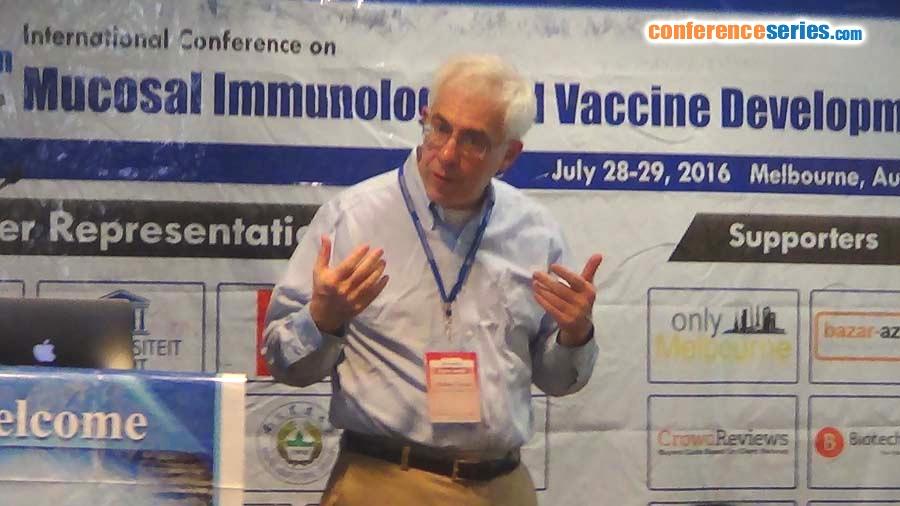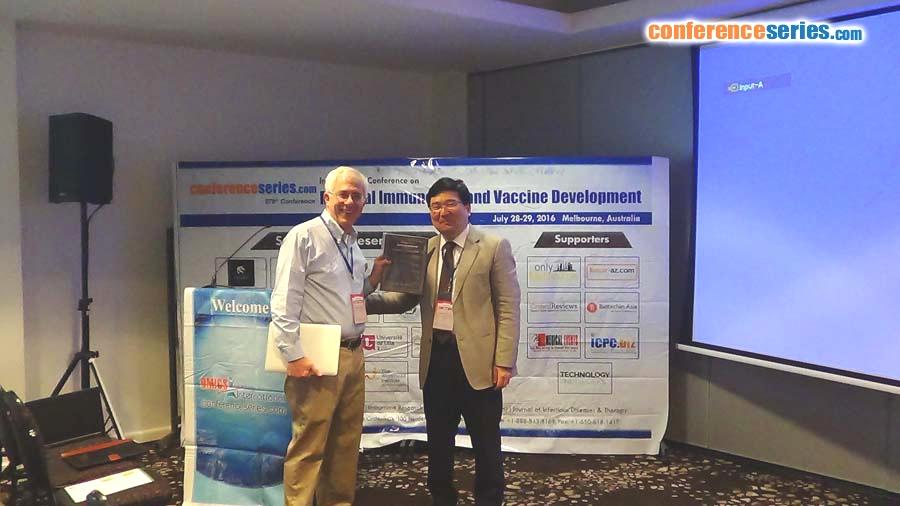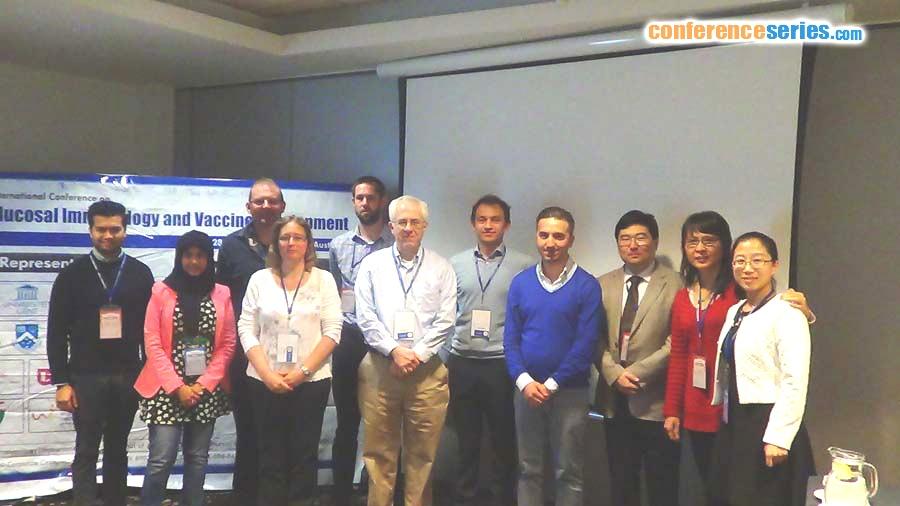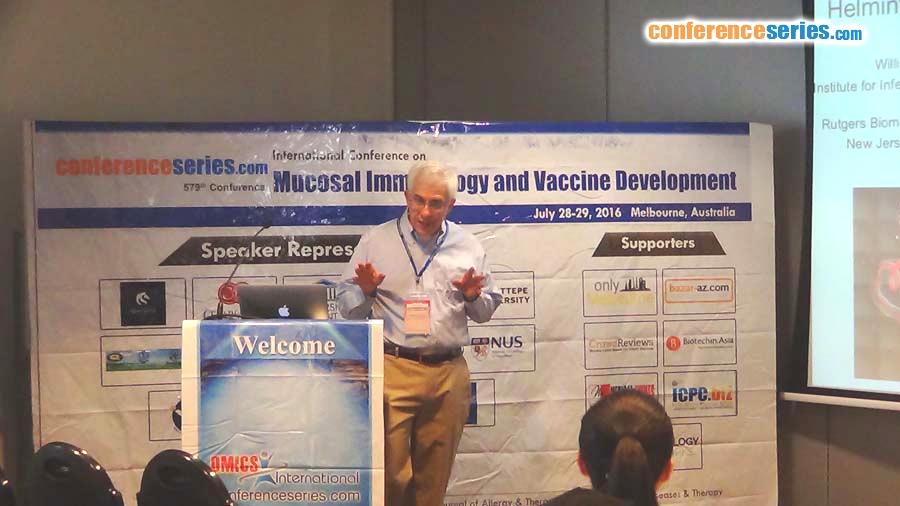
William C Gause
Director, Professor, Rutgers New Jersey Medical School, United States
Title: Neutrophils prime a long-lived effector macrophage phenotype that mediates accelerated helminth expulsion
Biography
Biography: William C Gause
Abstract
The innate immune cells mediating macro parasite clearance remain largely undefined. We examined their role in acquired resistance to the parasitic nematode, Nippostrongylus brasiliensis (Nb) hypothesizing that they may mediate the markedly accelerated CD4+ cell-independent worm clearance occurring after secondary inoculation. After secondary inoculation, parasitic larvae in the lung are surrounded by macrophages and showed reduced ATP, indicating impaired metabolism. As late as one month after Nb inoculation, lung macrophages, transferred to naive recipients, accelerated parasite clearance. Primed macrophages adhered to larvae in vitro and triggered increased mortality through CD11b-dependent mechanisms. Neutrophil depletion impaired the recall response and depletion of neutrophils in primed mice abrogated the protective effects of transferred macrophages in recipient mice and inhibited their binding to L3. Global transcriptome analyses of sort-purified lung neutrophils from Nb inoculated mice revealed a markedly different expression pattern from lung neutrophils isolated from LPS inculcated mice, indicating that neutrophils, like macrophages, develop a distinct alternatively activated phenotype (N2) after helminth infection. These data thus indicate that differentially activated neutrophils in the context of a type-2 immune response prime a long-lived effector macrophage phenotype that binds metazoan parasites and directly mediates rapid worm damage and clearance.





